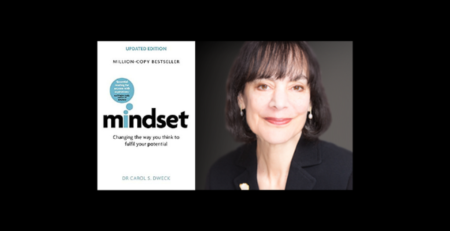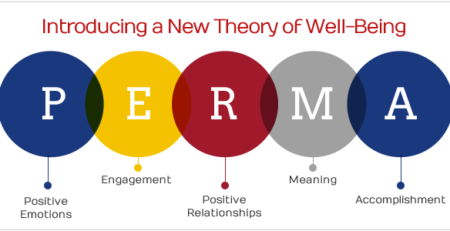20 Traits of Mindful Leaders
Mindful Leadership encompasses concepts from more mature leadership models such as situational leadership, servant leadership, and authentic leadership. Although Mindful Leadership is a relatively new model, in relation to predecessors, its roots are grounded on ancient and time-tested leadership Asian and Greek philosophies.
Below is a compilation of the 20 Traits of Mindful Leaders:
- Acceptance – They are able to accept and let go of things beyond their control. They have embraced the circle of influence (Steven Covey) and focus their time and energy on the things they can control.
- Balance – They have a contagious calm presence even when under high pressure. They have learned to exercise equanimity and know that all things shall pass, good or bad.
- Beginner’s Mind – They know they don’t need to “know it all” or be the expert on everything. They are curious, open, and challenge their own assumptions. They cultivate a fresh perspective which leads to greater creativity and innovation.
- Courage – They are brave enough to be vulnerable. That attitude leads to a deeper connection with their teams, peers, leaders, and clients.
- Emotional Intelligence – They are aware of their thoughts, feelings, and emotions in real-time, moment by moment. They have developed this skill through their regular contemplative practice, typically mindfulness meditation.
- Focus – They create space to reflect, de-clutter their minds, and gain clarity. As a result, they enjoy clear focus and priorities. They don’t buy into busyness or multi-tasking.
- Gratitude – They count their blessings and regularly invest time to recognise and appreciate their teams, peers, and leaders. That leads to deeper, more meaningful, and joyful relationships.
- GRIT – They have applied effort and discipline to develop mental toughness. They can self-regulate. They seek excellence and aim to become the masters of their own minds. They do not succumb to instant gratification or dopamine addiction.
- Growth Mindset – They embrace challenges and persist in the face of setbacks. They see effort as the path to mastery. They learn from criticism and find lessons and inspiration in the success of others.
- Inner Happiness – They know that pleasure is not the same as happiness. They cultivate inner wellbeing while enjoying life’s pleasures. They know happiness comes from within, not from external temporary factors.
- Kindness– They are kind to themselves and others. They have learned how to manage their inner critic and engage in a random act of kindness. They know such small gestures have a positive impact on their own inner wellbeing.
- Presence – They know that their presence is the best gift they can give to anyone, so they are fully present with whomever they are with. They have learned to overcome auto-pilot and don’t spin their wheels.
- Psychological Capital – They have a high Psychological Capital score as defined by the HERO model (Dr. Fred Luthans). They have demonstrated great levels of Hope, Self-Efficacy, Resilience, and Optimism.
- Purpose – They are predominantly driven by intrinsic motivations and the genuine desire to contribute to a better world, in their own unique way.
- Self-awareness – They are familiar with the patterns of their own minds. They have learned how to deal with their limiting beliefs and are not disempowered by them. They know they are not their thoughts or emotions and that those are impermanent.
- Self-care – They know that before leading others they must first lead themselves. They invest in self-care – physical, mental and emotional. They have effective rituals and routines to reset and recharge daily.
- Selflessness – They are servant leaders and truly interested in what is best for the greater good.
- Small Ego – They are confident yet humble. They keep their small ego in check. They allow their results to speak for themselves. They minimise the use of “I”, “me” and “mine” words as a reflection of their egoless mindset.
- Social Intelligence – They are engaging leaders and have done the inner work to develop a high EQ and SQ. They offer psychological safety to the people around them. As a result, leading people is a natural, easy, and rewarding endeavour.
- Values – They know and use their core values as a compass for ethical and sound decision-making. They understand that living in congruence with their values is essential for enjoying a happy and meaningful life.
Keen to learn more? Book a FREE Consultation now!












Leave a Reply